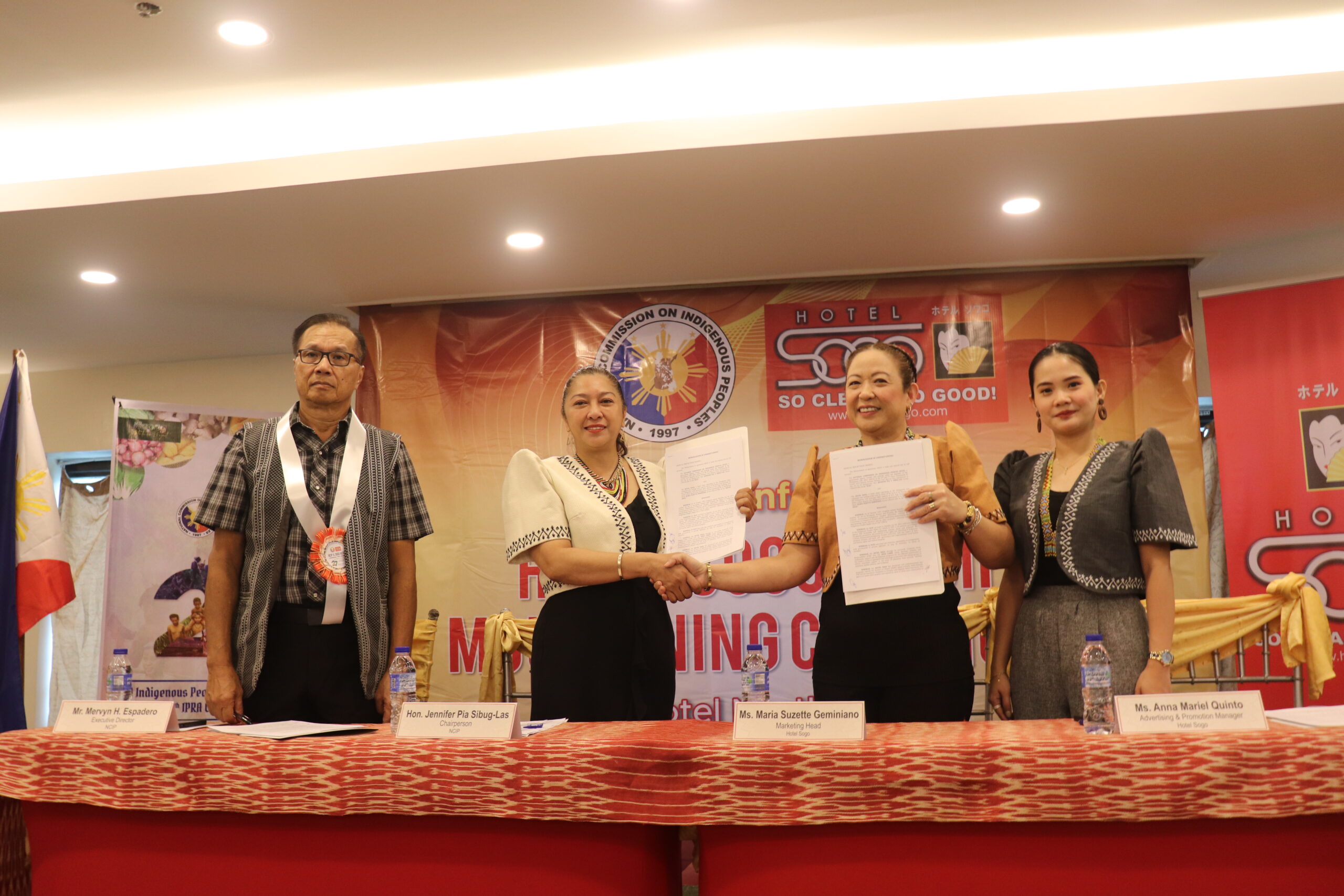MANILA, March 4, 2019 – Fostering fair market competition in key sectors including electricity, telecommunications, and transport, can improve services and generate higher-paying jobs in the Philippines, accelerating poverty reduction, according to a new World Bank study released here today.
Entitled Fostering Competition in the Philippines: The Challenge of Restrictive Regulation, the study finds that market competition is limited in sectors critical for quality job creation. Removing overly restrictive regulations and unequal and discretionary application of policies could improve productivity and add at least 0.2 percentage points to Philippine’s growth every year.
“Sustaining our growth through the reform of many highly distortive government policies will be the country’s key policy challenge in the coming years,” Philippine Competition Commission Chairman Arsenio M. Balisacan said. “The study provides useful insight to the Commission’s work of advocating pro-competitive government policies and interventions—one of the main thrusts of the proposed National Competition Policy,” he added.
Data show that the Philippine economy is more concentrated than other economies in the region, with a higher proportion of monopoly, duopoly, and oligopoly markets. While concentration might naturally result from the market conditions, these structures can be more prone to collusion and abuse of market power – abetted by a plethora of restrictive regulations and other restrictions.
These restrictions include state ownership and involvement in business operations; complex regulatory procedures and administrative burdens on start-ups; as well as barriers to trade and investments, including foreign equity investments.
“Ensuring that government policies and regulations do not create barriers to entry or distort the playing field is necessary to enhance private participation and unlock more investment opportunities for all businesses big and small,” said Mara K. Warwick, World Bank Country Director for Brunei, Malaysia, Philippines and Thailand. “The Philippines needs an even more competitive and vibrant private sector to generate the types of jobs and economic opportunities that can lift more people out of poverty, at a similar pace to its neighbors in East Asia.”
The study notes how these restrictions constrain the economy and negatively affect millions of Filipino consumers:
- Electricity costs are high, and capacity is limited. This is largely due to the slow implementation of reforms, such as the open access provisions and retail competition, under the Electric Power Industry Reform Act (EPIRA) of 2001.
- Limitations on foreign direct investments prevent the development of electricity infrastructure.
- The prices of mobile phone services in the Philippines is the highest of all East Asia region, and four times higher than the average price in rich countries.
- Restrictions in transport sectors, particularly cabotage rules and limits to foreign participation, impairs logistics in the Philippines, creating bottlenecks.
- Lack of competition is one of the main reasons why domestic shipping in the Philippines is more expensive than in Malaysia or Indonesia.
“The Government of the Philippines has adopted key reforms to foster competition and limit state participation in sectors where private participation is typically possible and economically viable,” said Graciela Miralles Murciego, Senior Economist and lead author of the report. “But slow implementation continues to hinder the potential benefits of these reforms to consumers, keeping prices high and choices limited.”
The study aims to identify existing regulatory constraints to competition in key sectors, and in the economy as a whole, to help the National Economic and Development Authority and Philippine Competition Commission forge an effective competition policy. The report provides detailed recommendations for reducing regulatory restrictiveness along the following policy actions:
- Tackling restrictive regulations in infrastructure and professional services to create more competitive conditions, which will have positive effects on other sectors of the economy.
- Eliminating restrictions on foreign investors as well as among domestic investors in sectors where such regulatory restrictions create an uneven playing field.
- Minimizing the scope of controlled prices to create the right incentives for firms to compete.
- Ensuring competitive neutrality among public and private operators, which will promote a more effective use of public funds.
- Streamlining burdensome administrative procedures for businesses to facilitate market entry and rivalry.
The study benefited from funds provided by the Australian Government through the Australia-World Bank Philippines Trust Fund and the Canadian government.
–
Website: www.worldbank.org/ph
Facebook: http://www.facebook.com/worldbank
Twitter: http://www.twitter.com/WB_AsiaPacific
YouTube: http://www.youtube.com/worldbank




